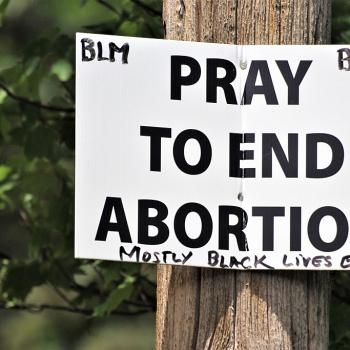The very notion of a “fiscal cliff” suggests that the country is approaching a calamitous drop-off at the end of the year — and it would be tantamount to suicide to jump off.
But a contingent of policy wonks and Democrats insist that letting the Dec. 31 deadline come and go — thus triggering automatic tax increases and spending cuts — could produce the best outcome for the country. Once the tax hikes have kicked in, the reasoning goes, Republicans would be hard-pressed to roll them all back and would have to accept a deal on taming the deficit that contains more new tax revenue than GOP lawmakers want.
So some policy analysts and legislators say they are willing to go over the brink—and some are even gunning for Congress to do it.
Call them the cliff-divers.
“It will be much easier to negotiate a budget deal going over the cliff,” said William Gale, an economist at the Brookings Institute and former adviser to George H.W. Bush. “It seems to be the only way we can boost revenues.”
“The willingness to go over the cliff is a means to force a deal,” said Matt McAlvanah, a spokesman for Sen. Patty Murray, the fourth-ranking Democrat. In July, Murray said she would rather push the debt debate into next year rather than reach a deal “that throws middle class families under the bus.”
Publicly, most Democrats haven’t gone as far as Murray, continuing to stress that avoiding the fiscal cliff is their priority. But privately, some acknowledge that they’d be willing to jump if Republicans refuse to let Bush-era tax cuts on the wealthy expire. GOP leaders have vowed to preserve the Bush tax cuts for the top income brackets and everyone else.
Other prominent cliff-divers include MSNBC cable host and former Senate Finance Committee chief of staff Lawrence O’Donnell, who’s launched an “Off the Cliff” campaign to press Democrats to jump; and Robert Greenstein, president of the Center of Budget and Policy Priorities, who says going over could be the “least bad” option. ”I wouldn’t say it’s desirable, but it may be necessary,” explains former White House budget director Peter Orszag, who believes that going past the Dec. 31 could produce the best policy outcome in the face of a political stand-off.
In an ideal world, these figures would want Congress to reach a reasonable deal before the deadline. But they are skeptical that will happen, given the politics surrounding the fiscal cliff, and argue that going over the cliff would remove what they believe is the biggest stumbling block.
Since individual tax rates would go up automatically—rising from 35 to 39.6 percent for the highest-income bracket and 10 to 15 percent for the lowest—Congress would technically be voting to cut them rather than raise them. It’s a distinction that the cliff-divers believe will make all the difference. “Republicans won’t have to violate their ‘no new taxes’ pledge,” says Gale. “The politics are a lot easier and the incentives are a lot stronger.”
via Meet the fiscal cliff-divers, who think jumping off could be our best bet.















